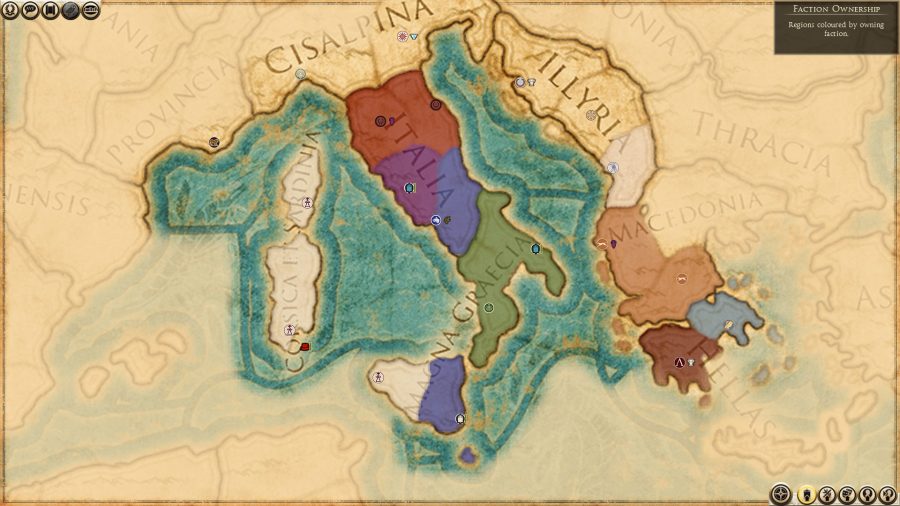
From rising economic inequality, political violence, and governmental dysfunction on through the generally lackadaisical reaction of the Senate to a losing chief-executive candidate’s conspiracy to murder many of them, overthrow the government, and thereby block certifying his defeat, events in ancient Rome have remarkably paralleled some you might recognize more recently. Over the last two years I’ve been charting how our politics today increasingly resemble those of ancient Rome. But the more pressing comparison is the collapse of the Roman Republic: How did a wealthy, powerful, and successfully self-governing people-proud of their frontier origins, piety and traditional values, and above all their origin story in throwing off monarchical rule-essentially commit democratic suicide and settle, more-or-less willingly, for a half-millennium of dictatorship? If the United States, in recent years, has been tracking the decline and fall of Republican Rome, when do we pass the point of no return?Īs James Fallows has observed, Americans long have been fascinated by the fall of the Roman Empire and frequently fret whether a similar fate awaits our own. Rubicon moment is in view-which would be triggered by a possible indictment of Donald Trump.

Schnurer argues that this is more than just a familiar phrase. In a third and more cautionary extension of his argument this summer, he concentrated on the U.S. Then last summer, during the election campaign and the pandemic lockdown, he extended the comparison in an even-less-cheering way.

In his first installment, in the fall of 2019, Schnurer emphasized the parts of the America-and-Rome comparison he thought were most significant-and worrisome. But the most sustained line of response has been from my friend Eric Schnurer, a writer and long-time advisor to state and local governments. Many people wrote in to agree, disagree, or otherwise react. This is the latest installment in a series that began back in 2019, with an article I did for the print magazine on Americans’ long-standing obsession with the decline-and-fall narrative of Rome.


 0 kommentar(er)
0 kommentar(er)
